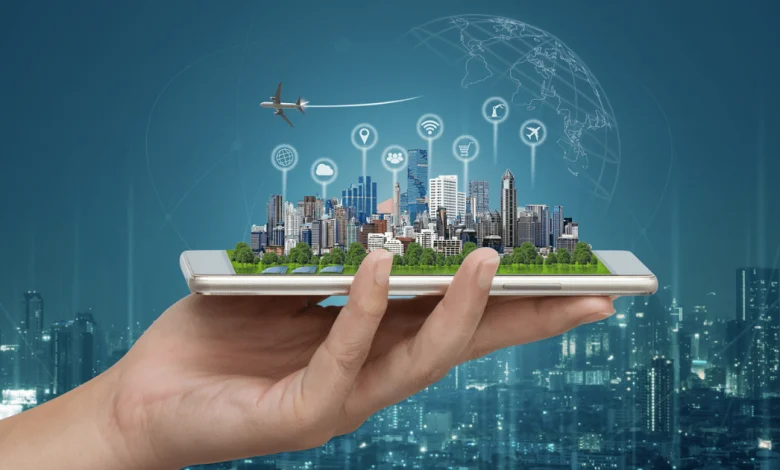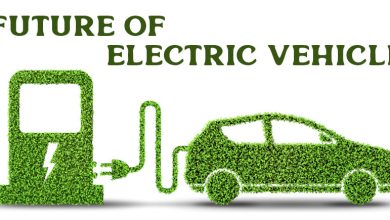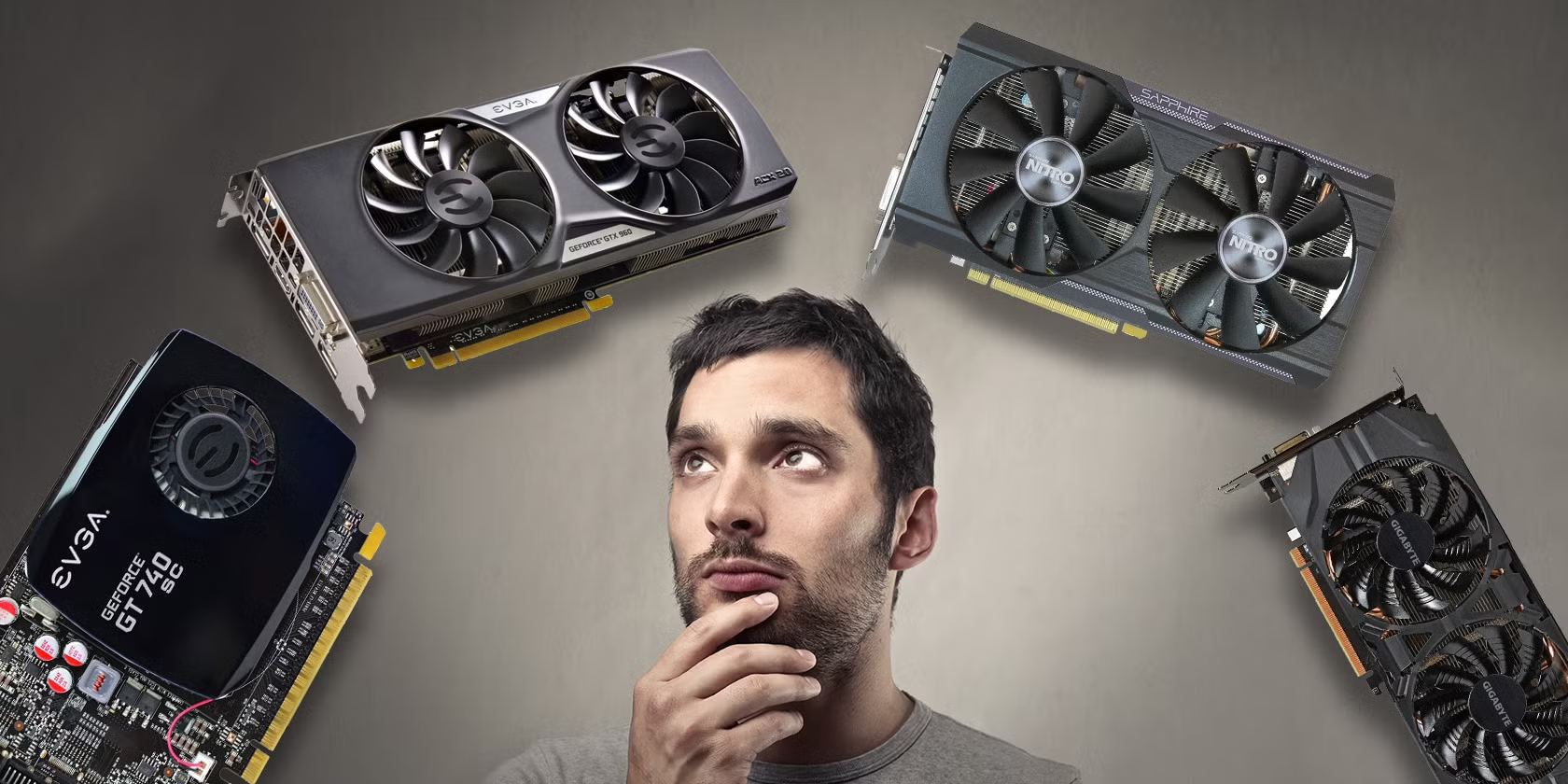Smart Cities: The IoT Revolution

Introduction: What Are Smart Cities?
Smart cities are transforming urban living. They integrate technology and data to improve city services and enhance the quality of life. The Internet of Things (IoT) plays a crucial role in this transformation. IoT connects devices, enabling them to communicate and share data. This connectivity creates efficient systems that can address urban challenges. In this article, we will explore how IoT is revolutionizing smart cities and the benefits it brings.
The Role of IoT in Smart Cities
IoT technology connects various city infrastructure components. This includes traffic lights, waste management systems, and public transportation. These connected devices collect data and provide real-time information. For example, smart traffic lights adjust their timing based on traffic flow. This optimization reduces congestion and improves travel times.
1. Smart Transportation
Transportation is a vital aspect of smart cities. IoT enables smarter public transport systems. Buses and trains equipped with IoT sensors provide real-time tracking. Commuters can access this information via mobile apps. As a result, they can plan their journeys more effectively.
Moreover, smart traffic management systems analyze traffic patterns. These systems can adjust traffic signals to ease congestion. For example, during peak hours, traffic lights may remain green longer on busy roads. This adaptation improves overall traffic flow.

Benefits of IoT in Smart Cities
The integration of IoT in smart cities offers numerous benefits. These advantages enhance the efficiency of urban living.
1. Improved Energy Efficiency
IoT devices can monitor and control energy consumption. Smart grids optimize energy distribution, reducing waste. For instance, smart meters provide real-time data on energy use. This information helps consumers make informed decisions about their energy consumption. Consequently, it leads to lower utility bills and reduced carbon emissions.
2. Enhanced Public Safety
Public safety is a primary concern for city officials. IoT technology improves emergency response times. For example, smart surveillance cameras equipped with AI can detect unusual activity. These systems can alert law enforcement in real time, allowing for quicker responses.
Additionally, IoT sensors can monitor environmental conditions. They can detect air quality, noise levels, and even weather changes. This data helps city officials address potential hazards, such as pollution or extreme weather events.
3. Efficient Waste Management
Waste management is another area where IoT excels. Smart bins equipped with sensors can monitor waste levels. These bins send alerts to waste management services when they need to be emptied. This system optimizes collection routes and reduces operational costs.
Furthermore, data collected from smart bins can provide insights into waste generation patterns. This information allows cities to develop targeted recycling programs and reduce landfill waste.
Challenges in Implementing Smart City Technologies
Despite the many benefits, implementing IoT in smart cities presents challenges. Addressing these obstacles is crucial for successful deployment.
1. Data Privacy and Security
As cities collect vast amounts of data, privacy concerns arise. Citizens may worry about how their data is used and stored. Ensuring robust data security measures is essential. City officials must implement encryption and other security protocols to protect sensitive information.
2. Infrastructure Costs
Building smart city infrastructure requires significant investment. Upgrading existing systems to accommodate IoT technology can be costly. Many cities may struggle to allocate funds for these improvements. However, the long-term benefits often justify the initial costs.
3. Interoperability Issues
Different IoT devices and systems must work together seamlessly. However, compatibility issues can arise. Many manufacturers produce devices with varying standards and protocols. Ensuring interoperability is crucial for the success of smart city initiatives. Cities must establish guidelines and standards for IoT devices.
Case Studies: Successful Smart City Implementations
Several cities around the world are successfully implementing IoT technologies. These case studies highlight the potential of smart cities.
1. Barcelona, Spain
Barcelona is a leader in smart city initiatives. The city uses IoT technology to optimize waste management and energy consumption. Smart bins collect data on waste levels, improving collection efficiency. Additionally, smart streetlights adjust brightness based on real-time activity. This reduces energy consumption and enhances public safety.
2. Singapore
Singapore is known for its innovative approach to urban living. The city-state utilizes IoT to manage traffic flow and public transport. Smart traffic lights adapt to real-time traffic conditions. Furthermore, the Land Transport Authority uses data analytics to enhance public transportation services. Commuters benefit from improved schedules and reduced wait times.

The Future of Smart Cities
The future of smart cities looks promising. As technology evolves, we can expect further advancements in IoT applications. Cities will continue to invest in smart infrastructure, focusing on sustainability and efficiency.
1. Integration of Artificial Intelligence
Artificial intelligence (AI) will play an increasing role in smart cities. AI can analyze large data sets quickly, providing valuable insights. This capability will enhance decision-making for city officials. Moreover, AI can optimize resource allocation and predict future urban trends.
2. Increased Citizen Engagement
Smart cities will foster greater citizen engagement. Mobile apps will allow residents to provide feedback and access services easily. This interaction encourages collaboration between citizens and city officials. As a result, communities will become more involved in decision-making processes.
Conclusion: Embracing the IoT Revolution
IoT is revolutionizing smart cities and urban living. The integration of technology enhances transportation, public safety, and waste management. While challenges exist, addressing these issues will pave the way for successful smart city initiatives. As cities continue to embrace IoT, we can expect improved quality of life for residents. The future of smart cities is bright, driven by innovation and technology.




